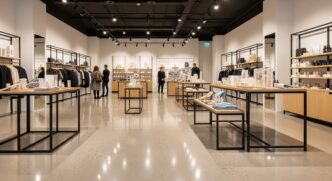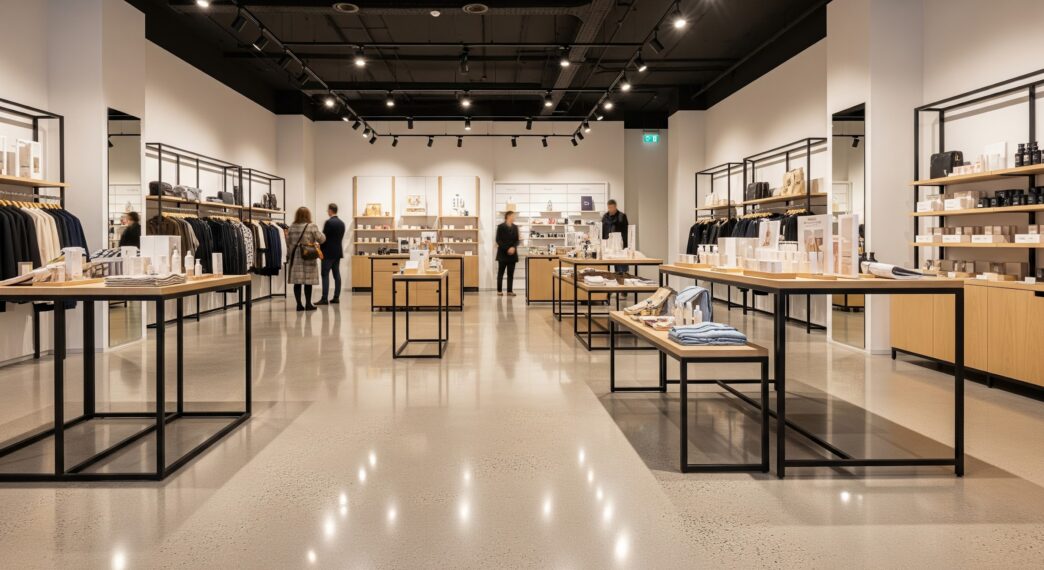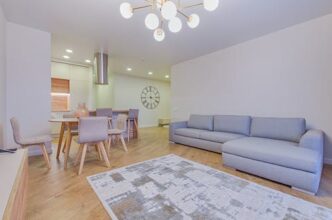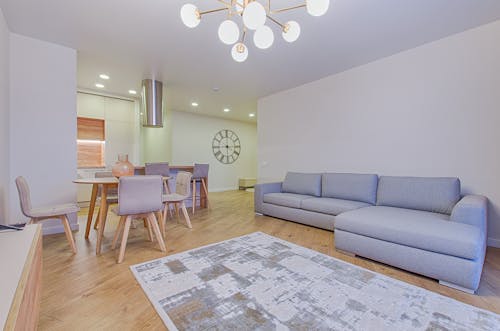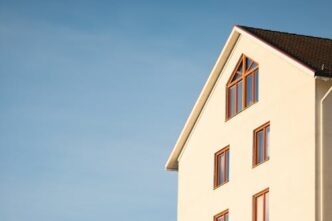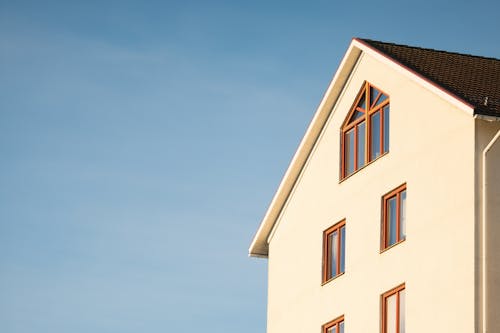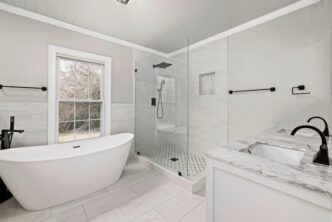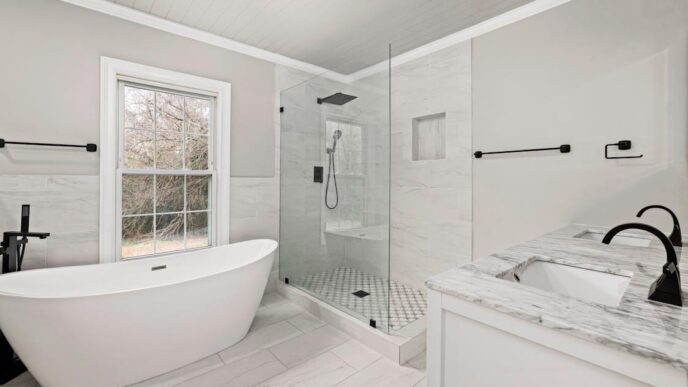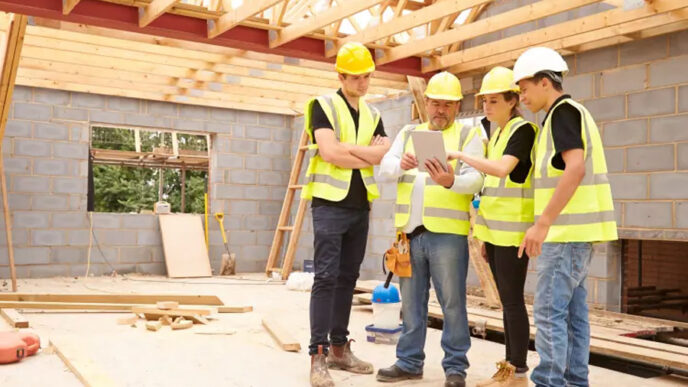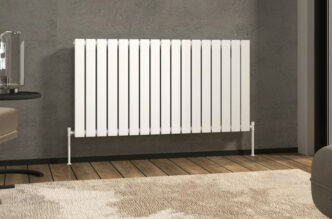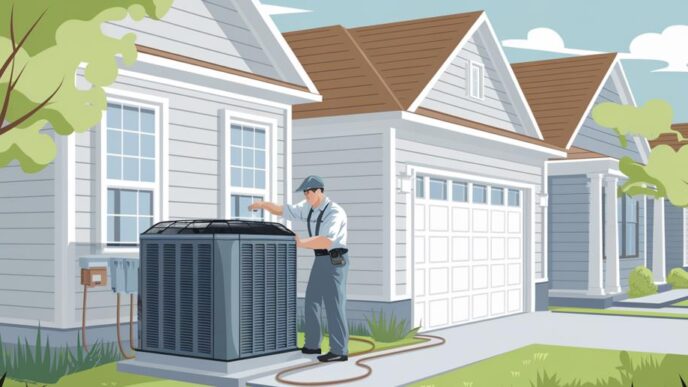Customers form their first impression of your business before they even see your products. The moment they step through your door, their senses are gathering information. What they see and feel beneath their feet sets an immediate tone. Is this a high-quality establishment? Does management pay attention to details? Is this a place where they feel comfortable and safe? Your retail or commercial flooring is not merely a surface to walk on; it is a silent communicator, a safety feature, and a long-term financial decision all rolled into one. Choosing the right foundation is one of the most critical choices you will make for your brand’s physical presence, notes McCourt Real Estate & Property Management experts.
The Silent Salesperson
Your floor is working 24/7. It greets every customer, supports every display, and withstands the daily grind of commerce. A worn, stained, or outdated surface tells a story of neglect, potentially undermining the value of the merchandise you sell. Conversely, a clean, modern, and well-maintained floor subconsciously reinforces your brand’s quality and attention to detail. It makes your products look more valuable. This is precisely why partnering with an experienced retail flooring company is a strategic move. They understand how different materials influence customer perception and can guide you toward a solution that aligns your physical space with your brand identity, ensuring your foundation supports your sales goals.
The Safety and Liability Equation
A beautiful floor means nothing if it’s a hazard. Slip-and-fall incidents are a major source of liability for retail and commercial businesses. The right flooring choice actively mitigates this risk. Coefficient of friction (COF) ratings are not just technical jargon; they are a measure of how slip-resistant a surface is, especially when wet. Entrances, food service areas, and spaces with frequent spills require materials with high COF ratings. Beyond slips, a floor that is too hard can lead to employee fatigue and joint issues over long shifts. The correct surface provides a balance of safety for customers and comfort for your staff, protecting both people and your bottom line from preventable accidents.
Durability Versus Daily Assault
Commercial spaces endure a level of abuse a residential floor will never see. Consider the constant traffic, the rolling of heavy carts and display racks, the exposure to dirt, moisture, and chemicals. A material that can’t withstand this assault will quickly become a money pit, requiring frequent repairs and premature replacement. You need a surface engineered for punishment. Options like luxury vinyl tile (LVT), commercial-grade carpet tile, or polished concrete are built to last. Investing in a highly durable material from the start translates to lower lifetime costs, less operational disruption, and a consistently professional appearance for years to come.
Acoustics and the Customer Experience
Have you ever walked into a store with a loud, echoing environment? The noise from footsteps, shopping carts, and conversations can create a stressful, unpleasant atmosphere that encourages customers to leave quickly. Flooring plays a crucial role in sound management. Hard surfaces like tile and concrete are acoustically “live,” reflecting and amplifying noise. Softer surfaces like carpet or rubber significantly absorb sound, creating a calmer, more intimate shopping experience. In settings like high-end boutiques, offices, or libraries, controlling ambient noise through your floor choice is essential for crafting the right mood and encouraging customers to linger.
The Long-Term Financial Picture
View your flooring not as an expense, but as a capital investment. The cheapest option installed today often becomes the most costly one over five years. A low-quality material will show wear quickly, demanding constant maintenance and early replacement. A higher-quality, more durable floor may have a greater initial cost, but its longevity and reduced maintenance needs offer a much better return on investment. Factor in the cost of potential downtime for installation and repairs, a major disruption to your business. The right floor is an asset that pays for itself through reliability, safety, and its continuous contribution to a positive brand image.
Your store’s floor is the stage upon which your business operates. It influences safety, shapes customer perception, manages the sensory experience, and impacts your financial health for a decade or more. By selecting a material that is strategically aligned with your brand, built for your specific traffic, and designed for the long haul, you do more than just cover a subfloor. You build a solid foundation for success, ensuring the first thing customers feel when they enter is confidence in your business.

